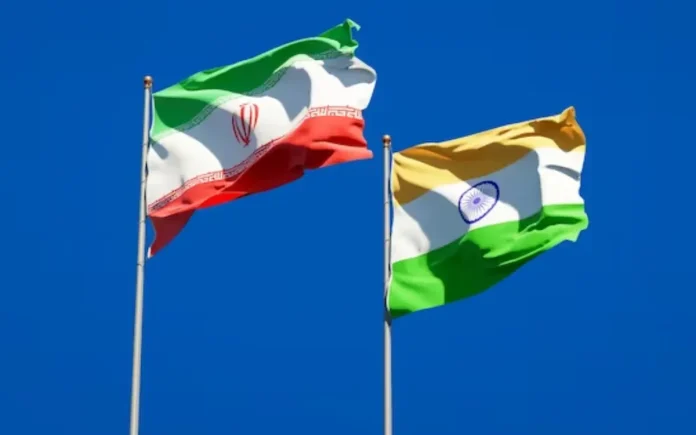Tehran: During his diplomatic visit to Tehran on Monday, External Affairs Minister S Jaishankar revealed that the Indian government will designate Farsi (Persian) as one of the nine classical languages under the New Education Policy. This decision, aimed at fostering cultural bonds between India and Iran, underscores the commitment to recognizing the cultural, literary, and linguistic connections shared by the two nations.
“The government of India has decided to include Farsi as one of the nine classical languages of India in our New Education Policy,” announced S Jaishankar during a joint press conference with his Iranian counterpart H Amir-Abdollahian.
This acknowledgment reflects a dedication to enhancing the understanding and appreciation of Farsi’s rich heritage within the Indian educational system. Tamil was the first language to be accorded classical status in 2004, and since then, the central government has similarly recognized Sanskrit, Kannada, Malayalam, and Odia as classical languages in India.
The press conference in Tehran delved into both the political and economic dimensions of the bilateral relations between S Jaishankar and Amir-Abdollahian. The ministers highlighted the multifaceted nature of their diplomatic engagement, encompassing various domains.
“The foreign minister and I specifically focused on its political and economic aspects, but naturally there were other domains as well,” remarked the External Affairs Minister.
Acknowledging the strength of people-to-people contacts, Jaishankar emphasized the deep cultural, literary, and linguistic ties that bind Iran and India. He highlighted the unique foundation created by these ties, fostering potential exchanges in tourism, education, arts, sports, and scholarly pursuits.
“Our people-to-people contacts have long been a strength. Iran and India are united by our deep cultural, literary, and linguistic ties, which create a unique foundation for increasing exchanges of tourists, students, artists, athletes, and scholars. We discussed how we can better link our cultural and educational institutions,” said S Jaishankar, accentuating the possibilities for expanded cooperation in various fields.



